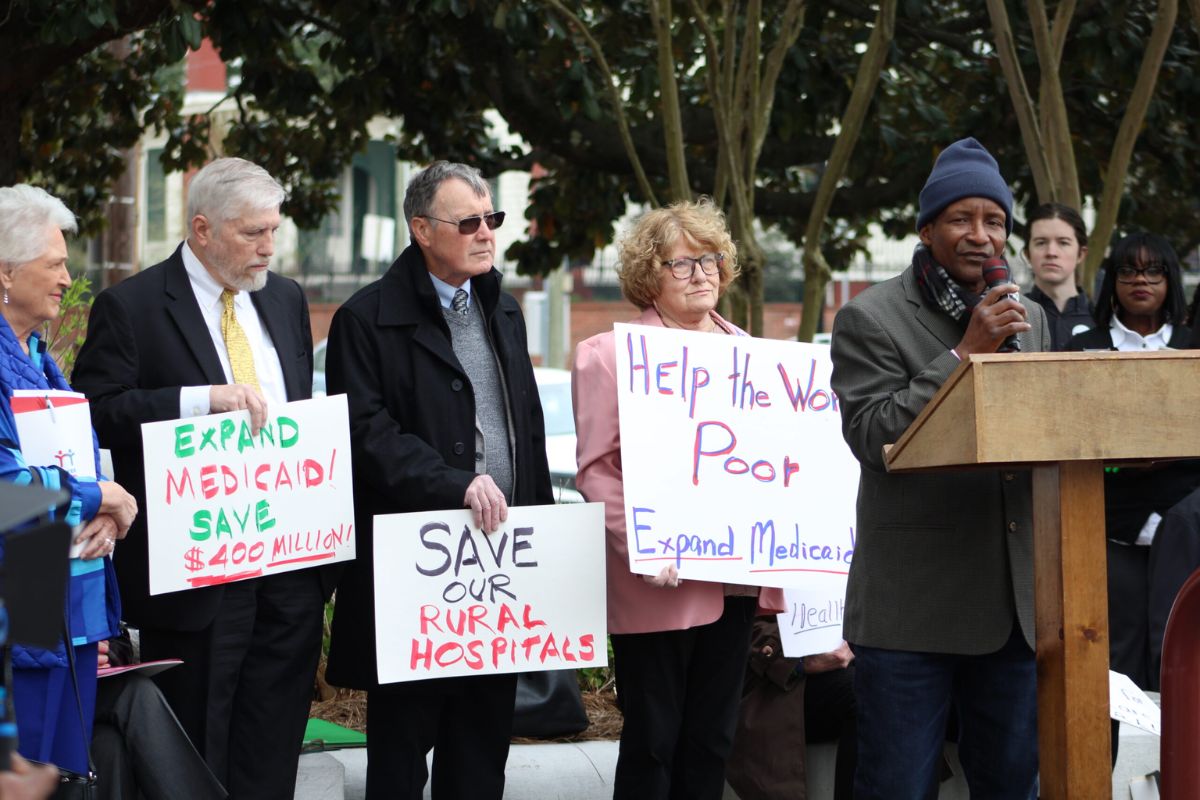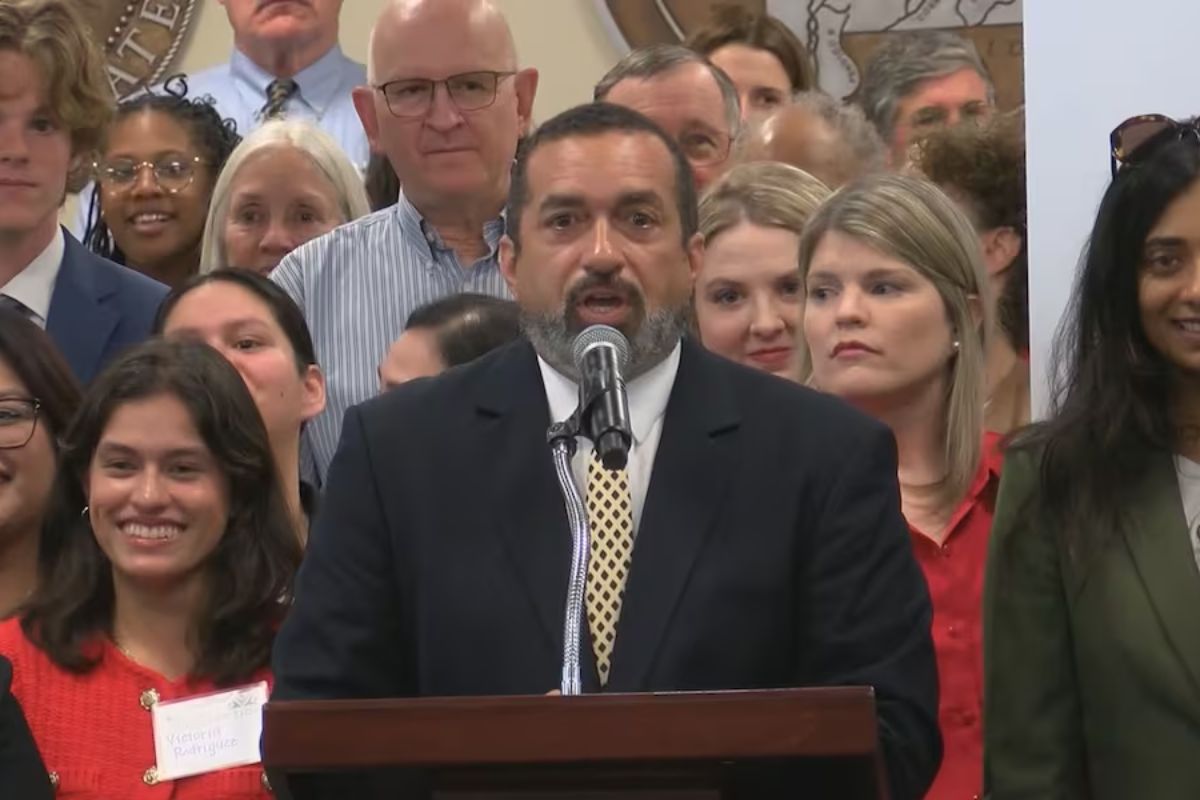Alabama’s Hospital Crisis Medicaid Expansion: As Alabama grapples with a looming hospital crisis, the prospect of Medicaid expansion emerges as a contentious point of discussion. The allure of potential benefits clashes with the stark reality of long-term financial implications and the thorny issue of Medicaid dependency.
While advocates champion the expansion as a lifeline for struggling healthcare facilities and underserved communities, skeptics voice valid concerns about the sustainability of federal support and the looming specter of budgetary strain. The decision to expand Medicaid in Alabama looms large, demanding a nuanced examination of these intricate dynamics to navigate the enigmatic landscape of the state’s hospital crisis.
Rural Hospitals Struggle Amid Calls for Medicaid Expansion
Amid mounting pressure for Medicaid Expansion to alleviate the challenges faced by rural hospitals, a critical analysis reveals a complex landscape of financial strain and healthcare access disparities. While advocates argue that Medicaid Expansion could offer a lifeline to struggling rural hospitals, data from states that have implemented this expansion under the Affordable Care Act paint a concerning picture. Nearly fifty rural hospitals have closed since the inception of the expansion, indicating a contrary outcome to what was anticipated.
A 2020 Guidehouse study further compounds these concerns by highlighting that states with the highest percentage of essential community hospitals at risk are those that have expanded Medicaid. Paradoxically, despite the expansion, a substantial portion of rural patients in these areas continue to seek healthcare services outside their communities. This trend not only underscores the financial challenges faced by rural hospitals but also points to underlying issues related to healthcare access and quality within these regions. The call for Medicaid Expansion as a panacea for rural hospital woes warrants closer scrutiny to understand its actual impact.
Medicaid Expansion: A Financial Burden for Rural Hospitals
The implementation of Medicaid Expansion in states with struggling rural hospitals has unexpectedly worsened financial challenges for these healthcare facilities. Reimbursement rates are nearly 40% lower due to a higher proportion of adults opting for Medicaid coverage over private insurance. This shift in coverage choice has created a significant financial burden for rural hospitals, hindering their ability to maintain quality care and essential services for their communities.
Despite initial hopes for relief through Medicaid Expansion, the reality has revealed a harsh truth – the financial strain on rural hospitals has intensified rather than alleviated.
The dilemma faced by these hospitals highlights the intricate challenges intertwined with healthcare policy decisions. While Medicaid Expansion aimed to increase access to care for vulnerable populations, the unintended consequence of decreased reimbursement rates has left rural hospitals in a precarious financial situation. As policymakers and healthcare leaders grapple with finding sustainable solutions, the pressing need to address the financial burden imposed by Medicaid Expansion on rural hospitals becomes increasingly urgent.

ALSO READ: Alabama High School Stabbing Classmate Flown to Hospital
The Debate Over Medicaid Expansion in Alabama
Arguments on both sides of the Medicaid Expansion debate in Alabama highlight the complex interplay between healthcare access, financial sustainability, and state budget considerations. Proponents advocate that expanding Medicaid would provide a lifeline to struggling hospitals, ensuring continued access to care for vulnerable populations. They argue that the infusion of federal funds would bolster the healthcare system, create jobs, and improve overall community health outcomes.
However, critics caution that the estimated $208 million cost to cover an additional 200,000 enrollees could lead to long-term financial strain and increased Medicaid dependency. They raise concerns about the sustainability of federal funding, the potential burden on the state budget, and the risk of unforeseen consequences.
As Alabama navigates this contentious issue, a careful assessment of the trade-offs between short-term benefits and long-term implications is imperative. The decision on Medicaid Expansion will have far-reaching effects on the healthcare landscape and the financial health of the state, necessitating a thorough and critical evaluation of all perspectives.
News in Brief
The debate over Medicaid expansion in Alabama remains contentious, with proponents advocating for improved healthcare access and financial sustainability for struggling hospitals. Critics, on the other hand, raise concerns about long-term financial strain and increased dependency on Medicaid.
The decision on whether to expand Medicaid in Alabama requires a careful evaluation of these trade-offs to effectively address the ongoing hospital crisis.

